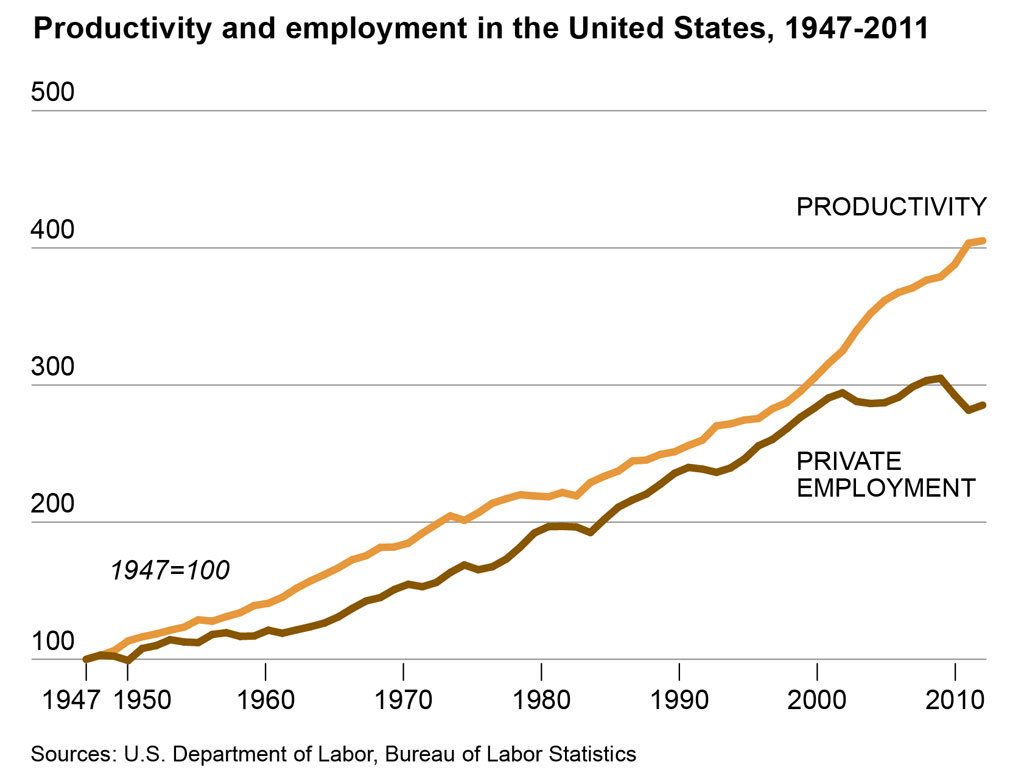The Great Decoupling: Economic Implications And Global Shifts

Table of Contents
Geopolitical Tensions and the Great Decoupling
Rising geopolitical risks, particularly the escalating tensions between the US and China, are a primary driver of the Great Decoupling. The intensifying rivalry has manifested in various forms, including trade wars, sanctions, and a resurgence of economic nationalism. These actions are significantly fragmenting global supply chains and accelerating the trend towards regionalization.
-
Example: The trade war between the US and China, initiated in 2018, led to significant disruptions in global supply chains, increased costs for businesses, and forced many companies to reconsider their sourcing strategies. Tariffs imposed on goods impacted various industries, leading to increased prices for consumers and reduced global trade volumes.
-
Example: Sanctions imposed on Russia following its invasion of Ukraine dramatically illustrated the fragility of interconnected global markets and the significant impact of geopolitical instability on global economic integration. These sanctions disrupted energy markets, impacted food supplies, and highlighted the vulnerability of countries relying heavily on single sourcing.
The Rise of Protectionism and Regional Trade Blocs
The Great Decoupling is further fueled by the rise of protectionism and a shift towards regional trade agreements. Countries are increasingly prioritizing domestic industries and implementing protectionist measures, leading to a decline in multilateral trade agreements and a rise in regional economic blocs.
-
Example: The growth of regional trade agreements like the CPTPP (Comprehensive and Progressive Agreement for Trans-Pacific Partnership) and the EU's expanding trade relationships illustrate a shift towards regional economic integration, rather than a globally integrated market. These agreements prioritize trade and cooperation among participating nations, often at the expense of broader global partnerships.
-
Example: Increased tariffs and trade barriers imposed by various countries demonstrate a move away from the free trade principles that underpinned globalization, favoring protectionist measures designed to shield domestic industries from foreign competition. This approach, while offering short-term benefits for certain sectors, can lead to long-term economic inefficiencies and reduced overall global growth.
Technological Advancements and Supply Chain Restructuring
Technological advancements, particularly in automation and artificial intelligence (AI), are significantly impacting global supply chains, accelerating the Great Decoupling. Companies are increasingly prioritizing supply chain resilience and reducing dependence on single sourcing, leading to initiatives like reshoring and nearshoring.
-
Example: Automation allows companies to bring manufacturing processes back to their home countries (reshoring), reducing reliance on distant suppliers and improving control over production processes. This reduces transportation costs and times, and enhances overall supply chain security.
-
Example: Nearshoring involves shifting production to countries closer geographically, minimizing transportation costs and risks associated with longer supply chains. This strategy mitigates disruptions caused by geopolitical instability or natural disasters.
The Impact on Emerging Markets
The Great Decoupling has significant implications for emerging markets and developing economies in the Global South. Reduced investment flows and shifting trade patterns can substantially affect economic growth and development in these regions.
-
Example: A decline in foreign direct investment (FDI) can hinder the development of critical infrastructure and industries in emerging markets, limiting their growth potential and creating economic challenges.
-
Example: The shift towards regional trade blocs can exclude some emerging markets from global value chains, limiting their access to markets and hindering their integration into the global economy. This exclusion can exacerbate existing inequalities and further marginalize these economies.
Economic Implications and Future Scenarios
The decoupling process is likely to lead to increased economic fragmentation, potentially impacting global growth rates and increasing inflation. Uncertainty and volatility are likely to persist in the near future.
-
Example: Increased costs associated with reshoring and nearshoring can lead to higher prices for consumers, impacting purchasing power and potentially contributing to inflationary pressures.
-
Example: Economic fragmentation can lead to reduced efficiency and innovation due to smaller, less integrated markets. This limits the benefits of economies of scale and can stifle technological advancements.
Conclusion
The Great Decoupling represents a profound shift in the global economic landscape, driven by a confluence of geopolitical tensions, technological advancements, and evolving economic priorities. Understanding the implications of this trend – including increased economic fragmentation, shifts in supply chains, and the impact on emerging markets – is crucial for navigating the complexities of the modern global economy. Businesses need to adapt their strategies to account for these changes, focusing on building resilient and diversified supply chains. Policymakers must address the challenges and opportunities presented by this new era of economic reorganization. By actively engaging with the dynamics of the Great Decoupling, and by strategically analyzing global economic shifts, we can better prepare for the future of global trade and economic interaction. Ignoring the realities of the deglobalization process would be a significant strategic error.

Featured Posts
-
 Ethereum Price Holds Strong Potential For Significant Gains
May 08, 2025
Ethereum Price Holds Strong Potential For Significant Gains
May 08, 2025 -
 Celtics Game 1 Loss Prompts Sharp Criticism Of Tatum From Colin Cowherd
May 08, 2025
Celtics Game 1 Loss Prompts Sharp Criticism Of Tatum From Colin Cowherd
May 08, 2025 -
 The Night Counting Crows Changed Their Destiny On Saturday Night Live
May 08, 2025
The Night Counting Crows Changed Their Destiny On Saturday Night Live
May 08, 2025 -
 Bitcoin Guencel Degeri Son Dakika Haberleri Ve Gelismeler
May 08, 2025
Bitcoin Guencel Degeri Son Dakika Haberleri Ve Gelismeler
May 08, 2025 -
 Uber Big Change Auto Service Now Cash Only
May 08, 2025
Uber Big Change Auto Service Now Cash Only
May 08, 2025
